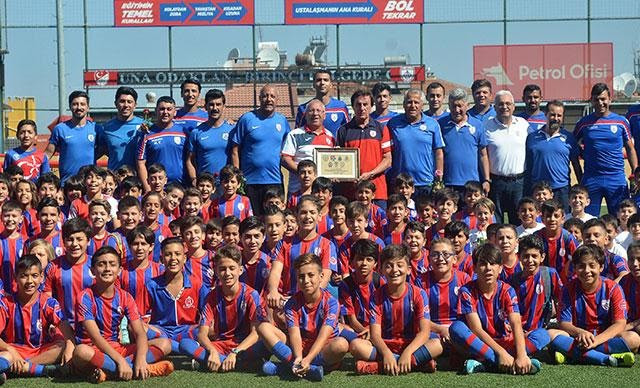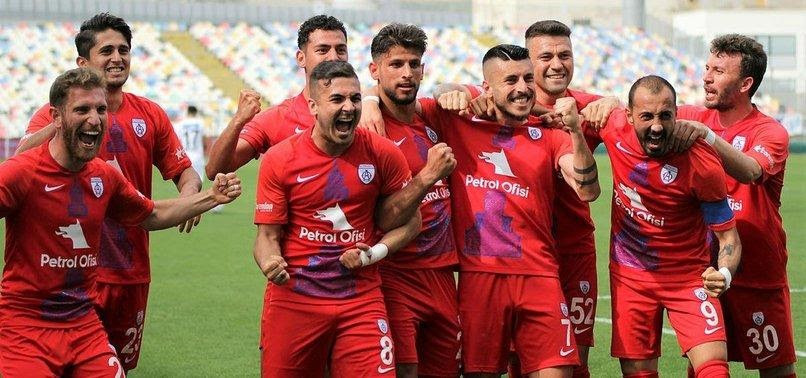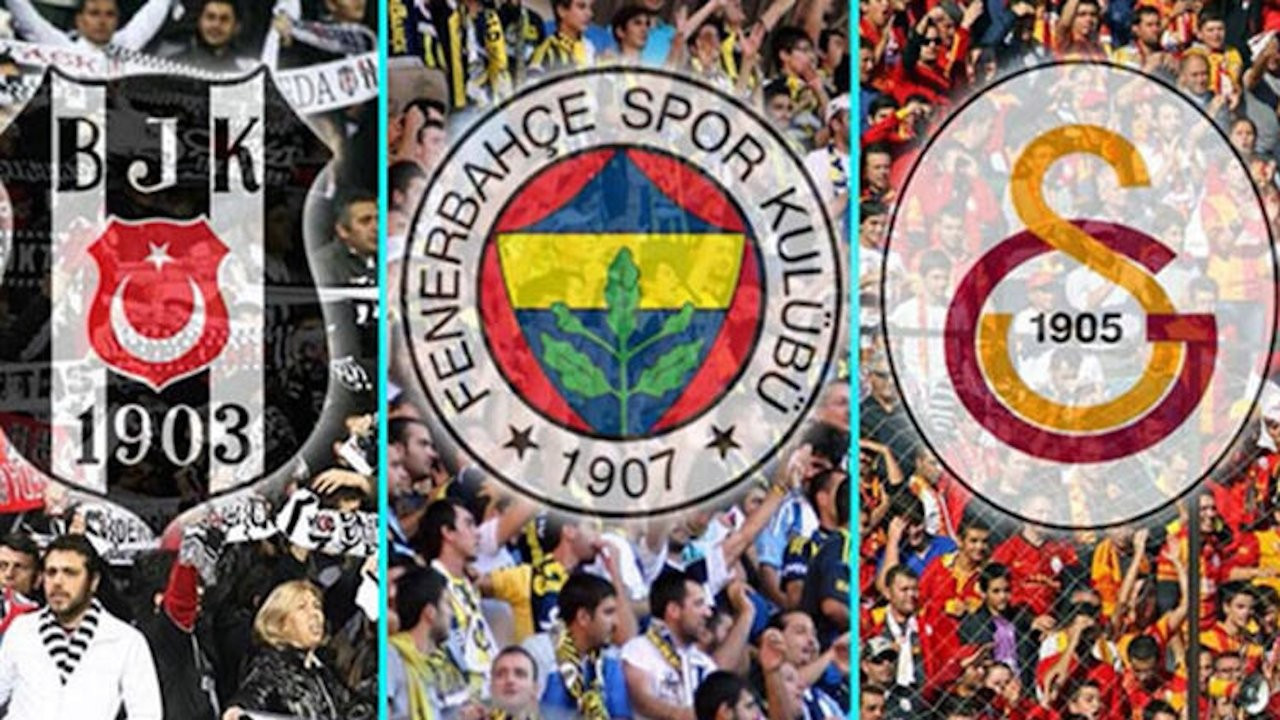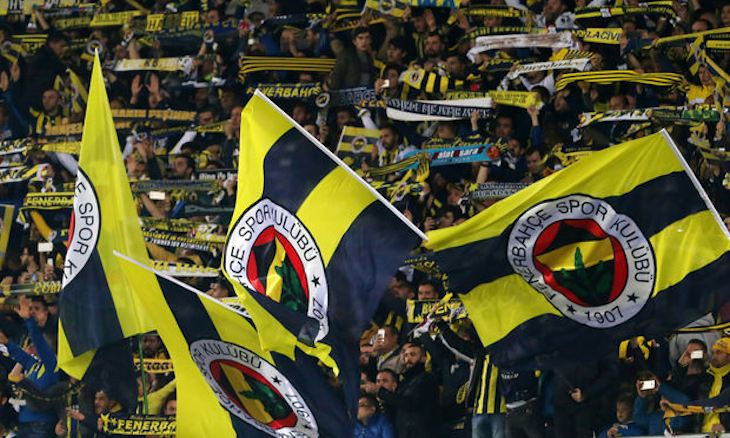A different story for football from Turkey
Ali Fikri Işık writes: In an era where football’s rulers drift away from the fans farther every day and launch projects like the European Super League purely out of greed, Altınordu offers a new philosophy. Football does not have to be based on expensive transfers which only benefit a minority of player agents and executives. Investing in education and development brings much larger benefits for the industry and society.
Ali Fikri Işık
“A club must have a philosophy. Just like a team having a certain football character, a club should first have a philosophy”. These words belong to Altınordu FK chairman Seyit Mehmet Özkan, whose club has raised thousands of players like the Turkish national team and Leicester City players Çağlar Söyüncü and Cengiz Ünder. Through its investments in football schools and talent development, Altınordu FK has created a new pathway for Turkish football, when Turkish football needed it the most.
Shaken by corruption, financial revenue degradation, and match-fixing scandals, Turkish football has been going through a dismal period. Just the total debt of the four powerhouses of Turkish football; Beşiktaş, Galatasaray, Fenerbahçe, and Trabzonspor, has reached 14 billion Liras (1.4 billion Euros) in last January, representing a 579 percent increase in the last eight years. Still, clubs continue to overspend and evade domestic financial fair play regulations.
However, it is getting more and more clear for the silent majority in the football industry that this way of football administration has reached its end. A new story, a new philosophy to govern football is needed, and that is where Altınordu FK steps in.
Founded in 1923, Altınordu is definitely not a new club, but it was not known for its innovations until 2012. When Seyit Mehmet Özkan bought the club and incorporated it in 2012, he made it very clear that his aims differ from the majority of macho football executives, whose aim usually do not go any further than winning the next game.
“Our motto has always been ‘Good Person, Good Citizen, Good Player’. Our players should be at peace with themselves, be at peace with the society and be successful athletes.” says Özkan in an interview, explaining his and Altınordu FK’s philosophy. Accordingly, Altınordu FK is not only a football club, but also an educational institution.

Great care is given to players' character development in Altınordu’s system. Currently, 10.550 Youth players take basic football education in 159 different football schools located in 40 different cities in Turkey. Youth players are accepted to the football schools starting from six years old and receive football education until 13 years old. The development and progress of these 10.550 Youth players are continuously tracked and the most successful ones join the Altınordu Football Academy (ALFA) starting from 13 years old.
Having this strong foundation, Altınordu’s internal rule is that the club must have at least 34 percent homegrown players in its first-team squad. This makes Altınordu one of the best teams in Europe with regards to giving its club-trained players a chance. According to the club’s own research, The Status of Club-Trained Players in Europe, the club is racing head-to-head with clubs like Athletic Bilbao and Real Sociedad, whom Altınordu considers as role models. Just like its role models, Altınordu FK does not allow non-Turkish players to play in its teams.
“It has nothing to do with racism. The only aim of this policy is to give a chance to the children of this land” argues Özkan. Indeed, Altınordu FK has without a doubt the best contribution to Turkish youth national teams. In another research done by the club, New data shows Altınordu FK is a talent factory for Turkish National Teams, it is shown that between 2017 and 2021, one of every five players in youth national teams were Altınordu FK players. Thus, focusing on talent development, Altınordu has not sacrificed anything for the short-term success of its first team.
Still, the team managed to stay in the second-best league in Turkish football for years, TFF 1. Lig. After missing the play-off spots for promotion in the second division, the club finally reached the Play-Off Finals this season. Although they were beaten by Altay, another İzmir club, in the final, they showed everyone that they could play for the top. Their potential promotion in the future will also be proof for other teams in Turkey, drowning in debt, to turn their attention to talent development and investments in youth.

However, it is not only Turkey who should follow Altınordu’s example. In an era where football’s rulers drift away from the fans farther every day and launch projects like the European Super League purely out of greed, Altınordu offers a new philosophy. Football does not have to be based on expensive transfers which only benefit a minority of player agents and executives. Investing in education and development brings much larger benefits for the industry and society.

 Beşiktaş clinch Turkish title on goal differenceSport
Beşiktaş clinch Turkish title on goal differenceSport Turkey loses host status for Champions League, Formula 1 amid vaccination effortsDomestic
Turkey loses host status for Champions League, Formula 1 amid vaccination effortsDomestic Financial disarray compounds COVID-19 disaster for Turkish footballEconomy
Financial disarray compounds COVID-19 disaster for Turkish footballEconomy Politics in stadiums: Fenerbahçe fans urge minister Albayrak to keep hands off footballSport
Politics in stadiums: Fenerbahçe fans urge minister Albayrak to keep hands off footballSport